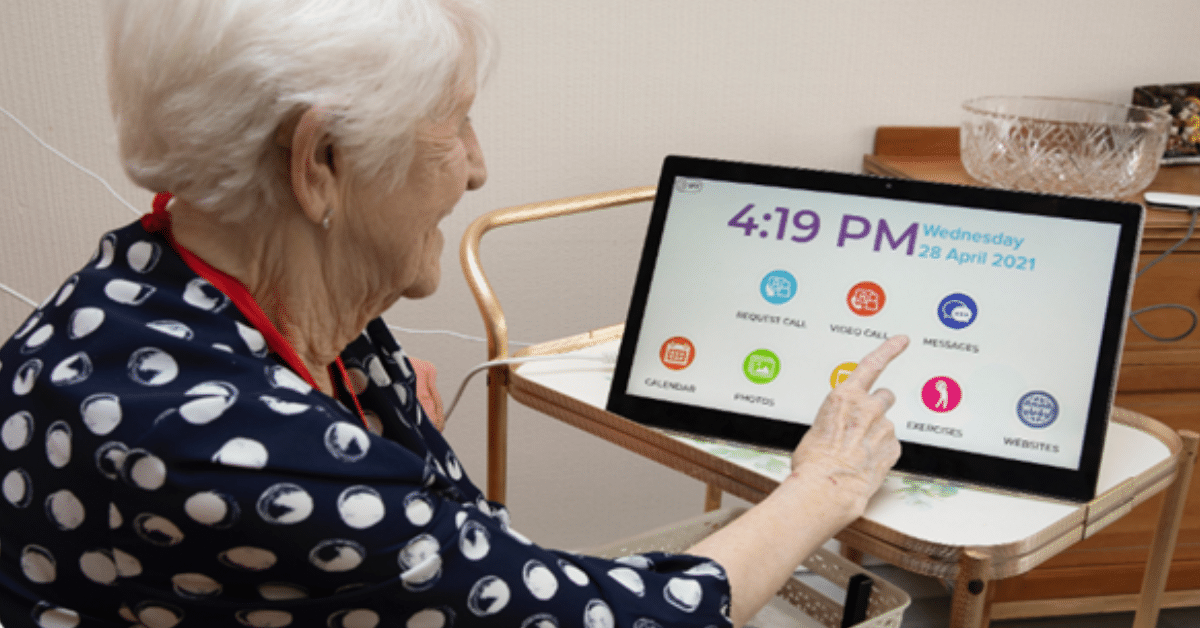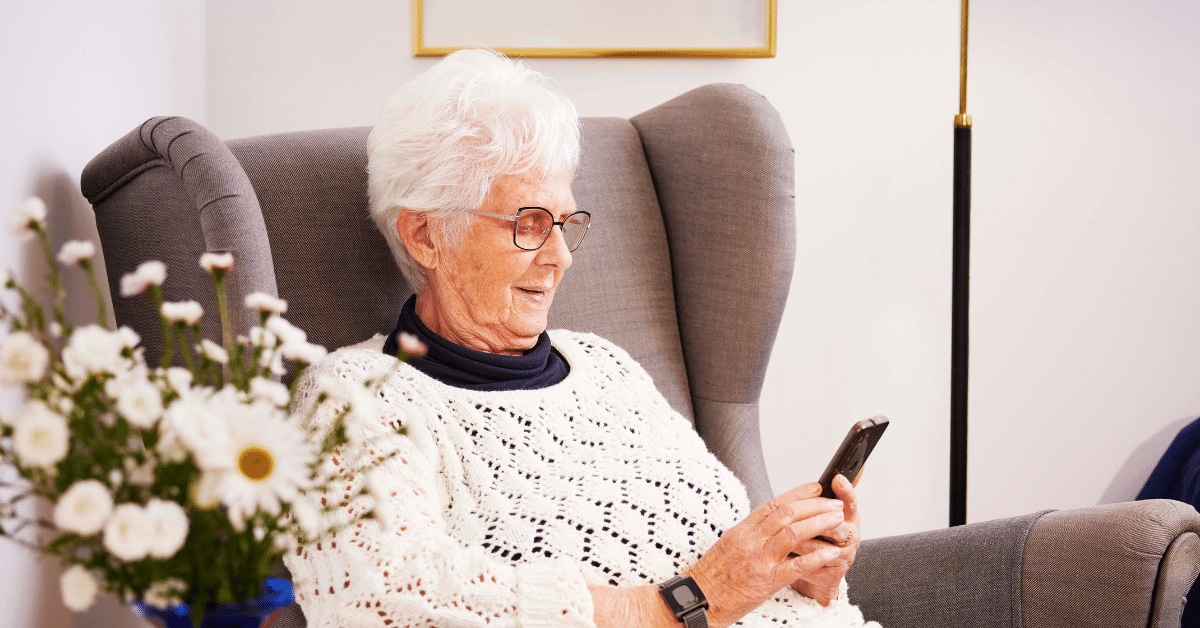Careium is working with West Sussex County Council and NHS West Sussex to deliver a sustainable telecare service which is provided free for 13 weeks for eligible customers. Over a five year period the telecare service has supported 15,000 residents to become telecare users.

The challenge
As the UK population ages, pressure on hospitals is increasing with rising A&E attendance and growing numbers of delayed transfers of care.
How can technology help to underpin integrated working between health and social care, and keep older people independent at home and out of hospital?
The solution
The service is jointly funded by health and social care, and referrals for the free service must be received from a doctor, health professional or care professional. Users can also be assessed by staff from Careium, who will install the most appropriate telecare equipment depending upon the individual’s needs. Most users (80%) will receive a Lifeline home unit and pendant, and the majority of those will also have additional sensors such as a fall detector, bed/chair occupancy sensor, temperature extreme sensor or smoke, gas or carbon monoxide detectors, depending on their needs.
The service aims to enable timely discharge from hospital, avoid hospital admissions, reduce domiciliary care or delay admission to a residential care home and referrals are accepted on this basis. Those who have benefitted include:
- People with a history of falls
- People with dementia
- People recently discharged from hospital
- Carers
- Older people living alone
- People with long-term health conditions
At the end of the 13 week period, service users can choose whether to have the sensors removed, or continue with the service as a private customer.
The results
Careium has worked with West Sussex County Council and NHS West Sussex to develop a seamless assessment, referral and rapid response delivery framework, helping to reduce pressure on health and social care services. Training programmes, assessment and care planning methodologies are integrated into care pathways, helping to mainstream the service and make telecare an integral part of health and care delivery across West Sussex.
Introducing this model has led to significant ongoing growth in the number of private pay telecare users in West Sussex. At the end of the 13 week funded period approximately 70% of people choose to continue with the telecare service, funding it themselves. There are currently around 4,300 self-funding users. This model ensures that people with long-term care needs are safeguarded, and at the same time it reduces the cost to health and social care.
The service reassures professionals that patients can be discharged safely from hospital, and risks to their health managed appropriately at home on an ongoing basis.
Customer satisfaction and outcomes are monitored on a monthly basis.
- Telecare an integral part of health and care delivery across West Sussex
- Significant ongoing growth in private pay telecare users
- 70% of people choose to self-fund (4,300 people)
- Safeguards people with long-term care needs
- Helping to reduce pressure on health and social care services
- Service user satisfaction and outcomes overwhelmingly positive.
“We need to give the best support possible in the most effective way, and we are always looking at ways to improve the telecare service both for our customers and our referring professionals. This helps us to give our customers 24 hour reassurance at the same time as being financially sustainable. It has also helped to improve information flow between health and social care, enhancing the patient experience and giving professionals additional information to support decision making.”
Sue Tivey, Senior Contracts Officer, Directorate of Care, Wellbeing and Education, West Sussex County Council

